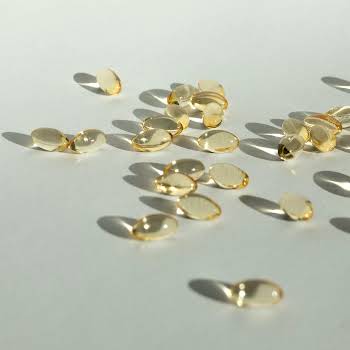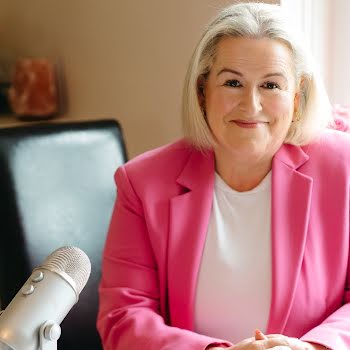Ask the Doctor: ‘My period doesn’t come as regularly and I turn 40 next week. Am I in early perimenopause?’
By Sarah Finnan
09th May 2023
09th May 2023
All your burning health questions answered by the professionals.
“My period used to run like a clockwork. It came every 28 days and lasted exactly five days. Recently, however, my menstrual cycle seems to have become shorter. I experience heavy bleeding for a day but my period only lasts for about three days. Also, it doesn’t seem to come as regularly. Some months it’s early, some months it’s late. I turn 40 next week. Is this a sign that I’m in early perimenopause?”

Answer from Dr Oxana Hughes, consultant gynaecologist in the Beacon Hospital’s women’s centre specialising in women’s health, gynaecology and minimally invasive surgery.
Female reproductive life starts with the first period (menarche) which usually comes at around 12 years of age. But periods may not establish regularly from the start – the hypothalamus (the regulatory centre in the brain) is only becoming active and establishing control over the reproductive system, so it could take some time until a person’s periods become regular, every month, “like clockwork”. Sometimes girls are prescribed contraceptive pills to help to regulate their periods. Female reproductive life is also relatively short. It starts with menarche and ends with menopause, when women cannot produce any more eggs.
As time goes on, not every cycle will produce an egg, even if you continue to menstruate regularly. When the ovarian reserve diminishes, periods may become irregular and/or heavy again, similar to those you would have had in early menstrual life. This usually happens after 40 years of age.
Some menstrual irregularities can occur due to other reasons, such as stress, extreme weight changes, some medical conditions, or medications, so it’s important to see your doctor to rule this out first. However, assuming there are no other contributing factors it may mean that you have entered the next stage of your reproductive life – perimenopause. This means that the ovarian function declines, but the regulation systems are still working, albeit with some disbalance, and eventually, menstruation will cease altogether. This can happen seamlessly, but sometimes heavy and irregular periods can seriously affect your health, so, it is important to seek specialist advice as there are different treatment options that can help to improve your quality of life while going through this process. The perimenopausal stage can last a couple of years and during this time, ovulation can still occur and pregnancy is still possible.
A woman is considered to be menopausal when it’s been over one year since she last had a period. The average age of menopause in Ireland and England is between 51 and 53, however, it could be as early as 35 or as late as 65. There are, again, many factors influencing this, but hereditary factors play a major role here, so if your mother had an early menopause, you may also follow a similar pattern. Reproductive health is important and there are many treatment options available if it is affecting your daily life or there’s cause for concern. Keeping hereditary factors in mind, it’s also important to check in with your GP when changes occur.
Got a health question you’d like answered? Get in touch at sarah.gill@image.ie to Ask the Doctor.






















